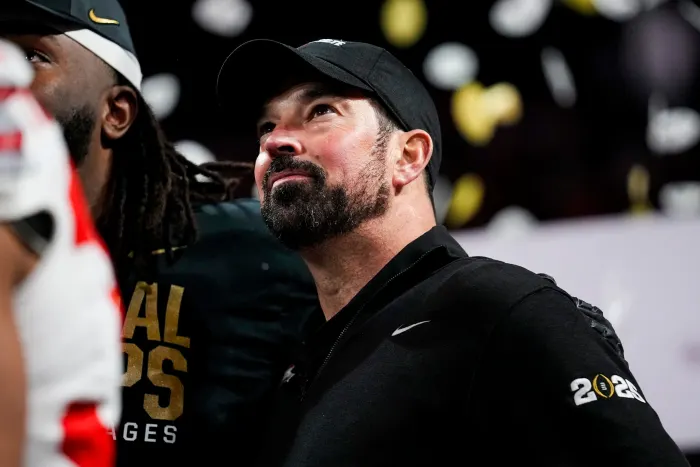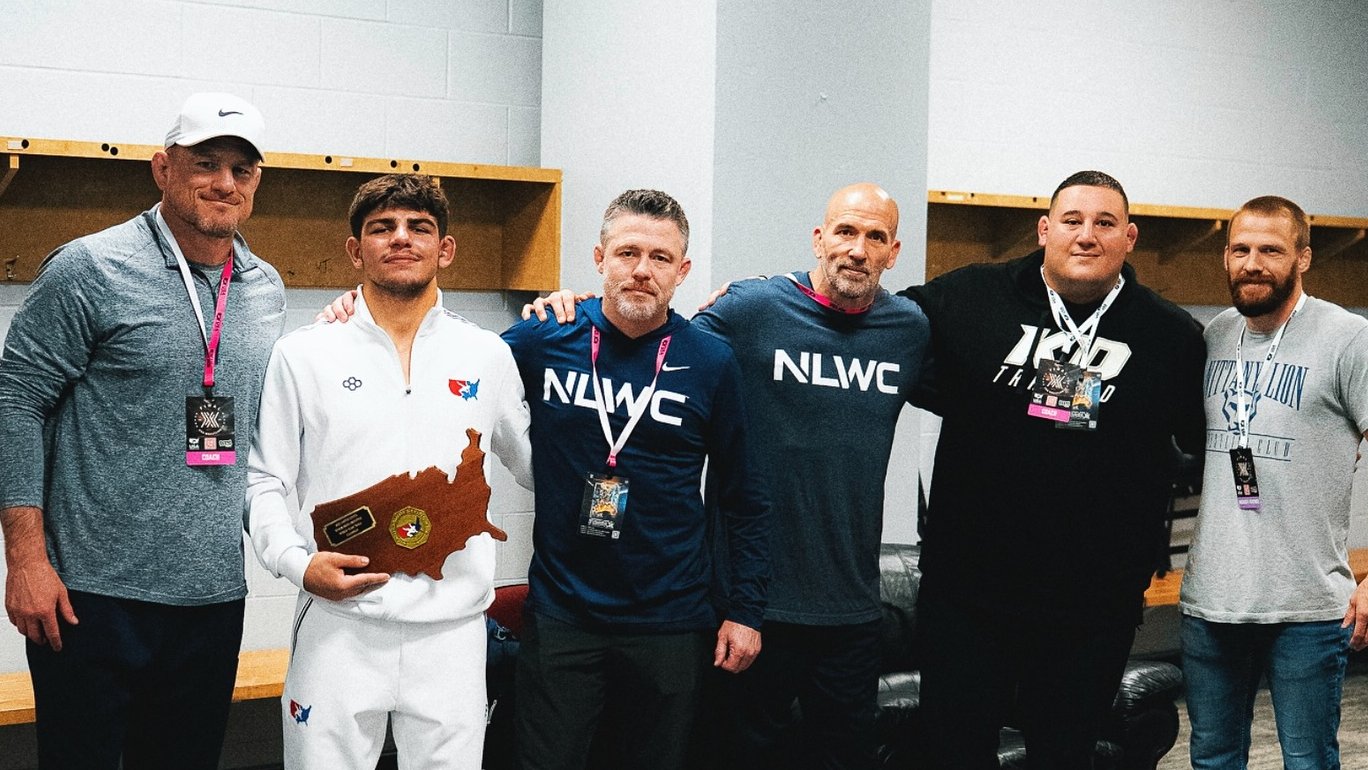Turbulence Returns to Auburn: Hugh Freeze’s Comeback Rekindles Debate Over NCAA Scandals, Escort Service Allegations, and Controversial Direct Messages That Continue to Cast a Shadow
When the Auburn Tigers announced Hugh Freeze as their head football coach, the news set off an immediate wave of reactions—ranging from applause to outrage. Supporters pointed to his proven record as a program builder and offensive mastermind. Critics, however, wasted no time resurrecting a long list of controversies that have followed Freeze for much of his coaching career. From NCAA sanctions that gutted a major SEC program, to allegations involving an escort service, and even more recent social media missteps involving direct messages to a sexual assault survivor—Freeze’s past “baggage” has proven impossible to leave behind.
The Rise and Fall at Ole Miss
Hugh Freeze’s time at Ole Miss was, on paper, a story of rapid ascent and marquee victories. He led the Rebels to some of their most memorable wins in recent history, including triumphs over powerhouse programs like Alabama. For a moment, it appeared he might be positioning Ole Miss as a permanent contender in the SEC. But behind the scenes, NCAA investigators were zeroing in on the program.
Between 2012 and 2016, the NCAA uncovered 21 rules violations, including multiple Level I infractions—college sports’ most severe classification. These infractions ranged from impermissible benefits provided to recruits and players, to academic fraud and a lack of institutional control. The fallout was severe: Ole Miss received a two-year postseason ban, lost scholarships, and was ordered to vacate 33 wins, 27 of which came during Freeze’s tenure. His official record was slashed from a respectable 39–25 to just 12–25.
The NCAA concluded that Freeze had “failed to monitor” his staff, allowing violations to occur under his leadership. While some boosters and fans argued that many of the allegations reflected common practices in college football, the breadth and severity of the violations meant the stain on Freeze’s reputation was indelible.
The Escort Service Allegations
If the NCAA investigation rocked the football program, the next revelation detonated a personal scandal that ended Freeze’s tenure in Oxford. In 2017, Ole Miss officials discovered phone records showing that Freeze had placed calls—using his university-issued cell phone—to a number connected with an escort service. According to reports, there were multiple calls over a period of time. Freeze maintained that the calls were misdials or mistakes, but the university cited a “pattern of personal misconduct” inconsistent with the values expected of a head coach.
Faced with the choice of resignation or termination, Freeze stepped down. The incident provided plenty of fodder for sports talk radio, social media, and national headlines, transforming his fall from grace into a cautionary tale about how quickly a rising star’s career can collapse.
Earlier Allegations at Briarcrest Christian
Even before his SEC coaching days, Freeze had been dogged by accusations from his time at Briarcrest Christian School in Memphis during the 1990s. Multiple former female students accused him of inappropriate conduct, such as making them change shirts in his presence and paying undue attention to their attire. Some also alleged that he paddled students in isolated situations. Freeze has denied these accusations, but they have been repeatedly resurfaced in media coverage whenever new controversies arise.
The Liberty University Era—And Another Controversy
After more than a year away from the sidelines, Freeze resurfaced at Liberty University, a program eager to make a splash in the college football landscape. On the field, he delivered results, leading the Flames to multiple bowl wins and elevating the program’s national profile. But even here, Freeze found himself in the middle of a public relations firestorm.
In 2022, Chelsea Andrews, a former Liberty student and plaintiff in a Title IX lawsuit against the school, revealed that Freeze had sent her an unsolicited direct message via Twitter (now X). In it, he defended Liberty’s athletic director, describing him as “the most Jesus-like leader I’ve ever seen.” Andrews, who had been outspoken about her negative experiences at the school, took the message as inappropriate and unwelcome. She publicly posted about the exchange, noting that it wasn’t the first time Freeze had attempted to contact her, and that she had not invited the communication.
The message was widely criticized as an unnecessary and tone-deaf intervention in a deeply sensitive matter. For many observers, it reinforced a perception that Freeze sometimes failed to recognize appropriate boundaries—particularly in situations involving women and allegations of misconduct.
Auburn’s Calculated Risk
By the time Auburn began searching for a new head coach, Freeze had rebuilt his football résumé at Liberty and was openly discussing his readiness to return to the SEC. Auburn, eager to move on from a disappointing era, decided he was worth the gamble—but not without precautions. According to reports, part of Freeze’s hiring conditions included surrendering control of his social media accounts to Auburn’s communications staff. This unusual step was intended to prevent any further missteps that might generate negative headlines.
At his introductory press conference, Freeze acknowledged his checkered past, saying he had been “completely transparent” with Auburn about past mistakes. Auburn’s athletic director John Cohen echoed this, framing the hire as a decision made with full knowledge of Freeze’s history. The message from Auburn’s leadership was clear: they believed in redemption and were willing to give Freeze a second chance—albeit with safeguards in place.
Public Reaction: Divided and Intense
The reaction to Freeze’s hiring was immediate and polarized. Auburn fans desperate for on-field success celebrated the move, noting his ability to recruit top talent and design high-powered offenses. Others, including some alumni and outside observers, condemned the decision, seeing it as a betrayal of Auburn’s stated commitment to integrity.
National sports media outlets revisited every major controversy in Freeze’s past, ensuring that his name remained associated with phrases like “escort service” and “NCAA violations” in headlines. On social media, debates raged between those who believe in second chances and those who argue that certain patterns of behavior should disqualify a person from such a prominent role.
The Weight of the Past on the Present
Freeze’s challenge at Auburn is about more than winning games. He must navigate the reality that every loss, every public comment, and every off-field incident will be viewed through the lens of his past controversies. For some fans, no amount of on-field success will erase the stains on his record. For others, consistent wins and good conduct moving forward could eventually soften the criticism.
Still, his return has reignited conversations about the moral compromises that big-time college football programs are willing to make in pursuit of victory. Is winning worth the risk of hiring a coach with such a checkered history? Can a program claim to uphold values of integrity and accountability while employing someone with Freeze’s past?
Conclusion: The Storm Isn’t Over
Hugh Freeze’s arrival at Auburn is more than just a coaching hire—it’s a lightning rod for the broader tension between redemption and accountability in sports. His supporters frame him as a man who has made mistakes, learned from them, and earned another opportunity. His detractors see a pattern of questionable judgment that spans decades, from high school coaching days to the present.
Whether Freeze’s tenure will be defined by redemption or relapse remains to be seen. But one thing is certain: as the Auburn Tigers take the field under his leadership, the cloud of his past will be hanging over the sidelines, a constant reminder that in the high-stakes world of SEC football, success and scandal are never too far apart.



